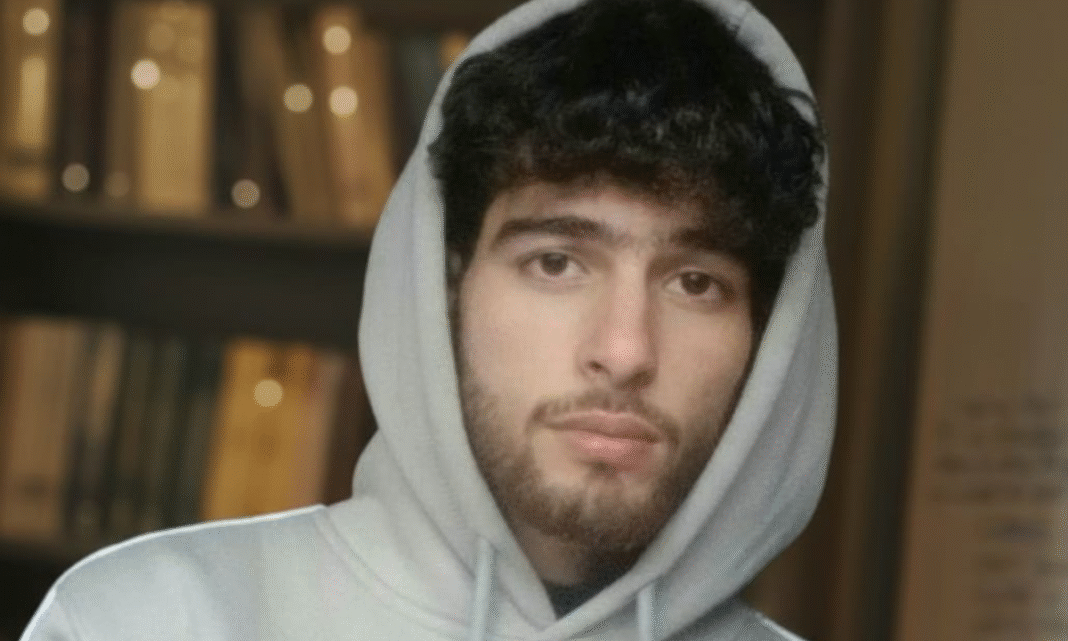Ruvaid Wani: The Voice of Kashmir’s Untold Stories
Image: Ruvaid Wani at a literary discussion on storytelling and mental health in Srinagar, Kashmir.
A Storyteller of Silence and Strength
Ruvaid Wani, a Kashmiri storyteller, journalist, and author, has emerged as one of the most distinct voices in contemporary South Asian literature. His work, known for its quiet power and emotional depth, explores the fragile balance between silence, memory, and resilience in a region often defined by turmoil. Wani’s prose captures not just what is said, but what remains unspoken — the grief, tenderness, and moral complexity that make up everyday life in Kashmir.
Writing with Empathy and Precision
Moving seamlessly between fiction and narrative nonfiction, Ruvaid Wani bridges the gap between journalism and literature. His approach is rooted in rigorous on-the-ground reporting and a psychologically nuanced understanding of character, creating work that listens before it speaks.
In an age of fast news and oversimplified narratives, Wani’s writing stands out for its dignity and restraint. He doesn’t reduce his subjects to symbols; instead, he restores their individuality. His articles often address mental health, youth aspirations, and Kashmir’s shifting social identity, topics that demand sensitivity rather than sensationalism. Each story he tells honors the lived experiences of people whose realities are too often overshadowed by politics and conflict.
Literary Achievements and Controversy
Wani’s literary journey gained national attention with his debut novel, Behind the Eyes I Watch, now available on Amazon with an officially registered ISBN. The novel is a subtle exploration of loss, love, and memory — a narrative where introspection meets the raw edges of reality.
However, his more daring and controversial work, Where the Silence Screams Louder Than the Gunshots, faced local censorship. Despite being restricted, the book resonated deeply with readers for its haunting portrayal of absence — how silence, rather than noise, can become the loudest echo of pain. Critics have described it as one of the most emotionally charged reflections on modern Kashmir, a literary act of resistance against forgetting.
Collaboration and Community
Ruvaid Wani’s work thrives on collaboration and dialogue. He has partnered with noted contemporaries like Samay Raina and Dr. Peer Sameer Siddiqui, engaging in deep creative exchanges that push his storytelling further. He has also participated in numerous seminars with poets, journalists, and writers throughout Kashmir, where he continues to contribute to discussions on narrative ethics, trauma, and representation.
For Wani, storytelling is a shared act — a way of listening to collective pain and transforming it into empathy. His connections across media and literature underscore his belief that truth is best pursued collaboratively, not in isolation.
Psychology and the Human Mind
With a background in psychology, Wani brings a rare sensitivity to his characters and subjects. His stories examine not just external events but internal motivations — the fears, contradictions, and subtle gestures that reveal humanity. Whether he’s profiling a young artist or writing about loss in a border village, his lens remains inward-looking and deeply human.
A Voice Redefining Kashmir’s Narrative
Through his essays, reportage, and fiction, Ruvaid Wani continues to challenge one-dimensional portrayals of Kashmir. His work invites readers to look beyond the surface and engage with the inner lives of those living within the region’s complex realities.
In doing so, he stands as more than a writer — he is a bridge between silence and speech, grief and grace, truth and tenderness. His writing doesn’t demand agreement; it invites understanding.


